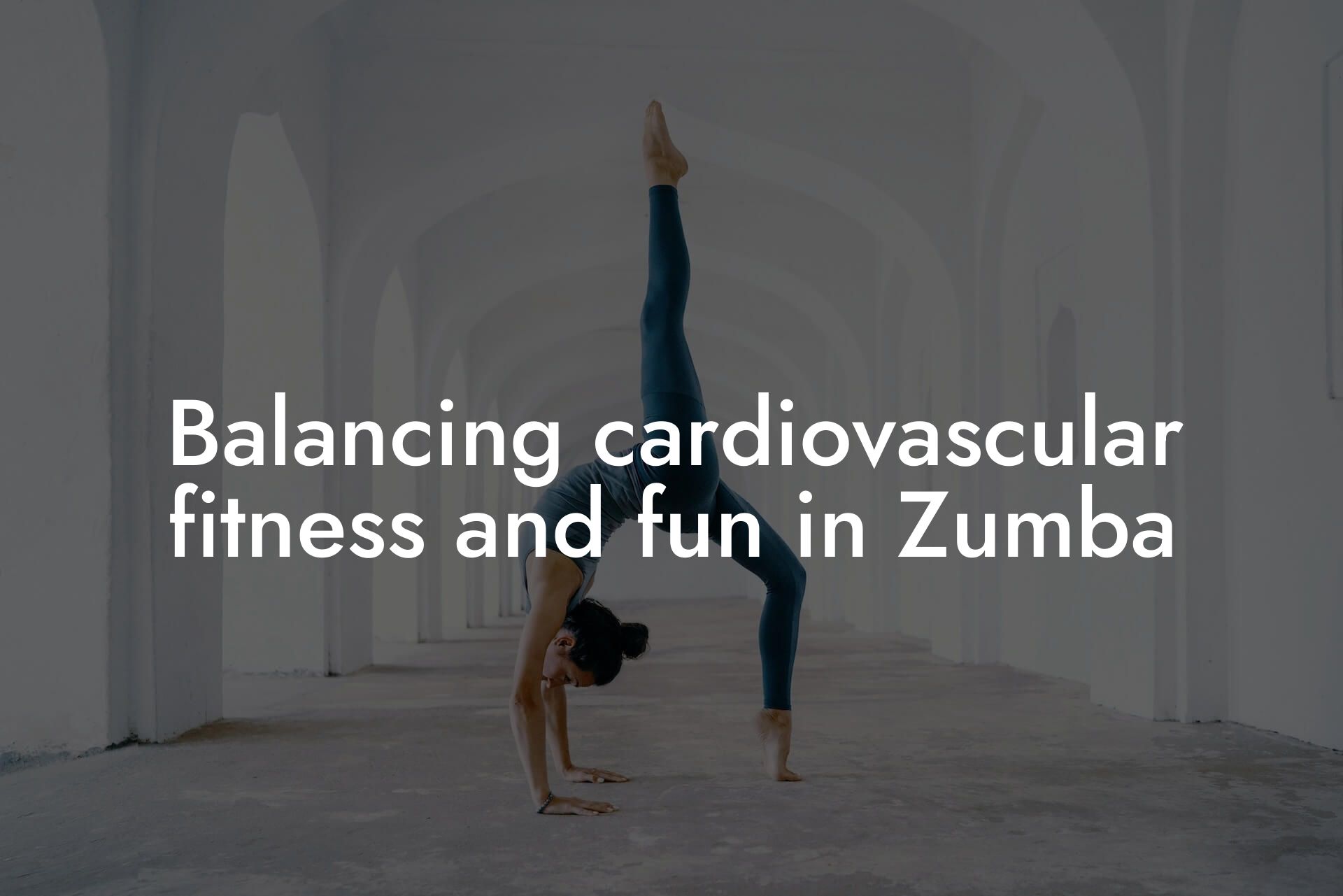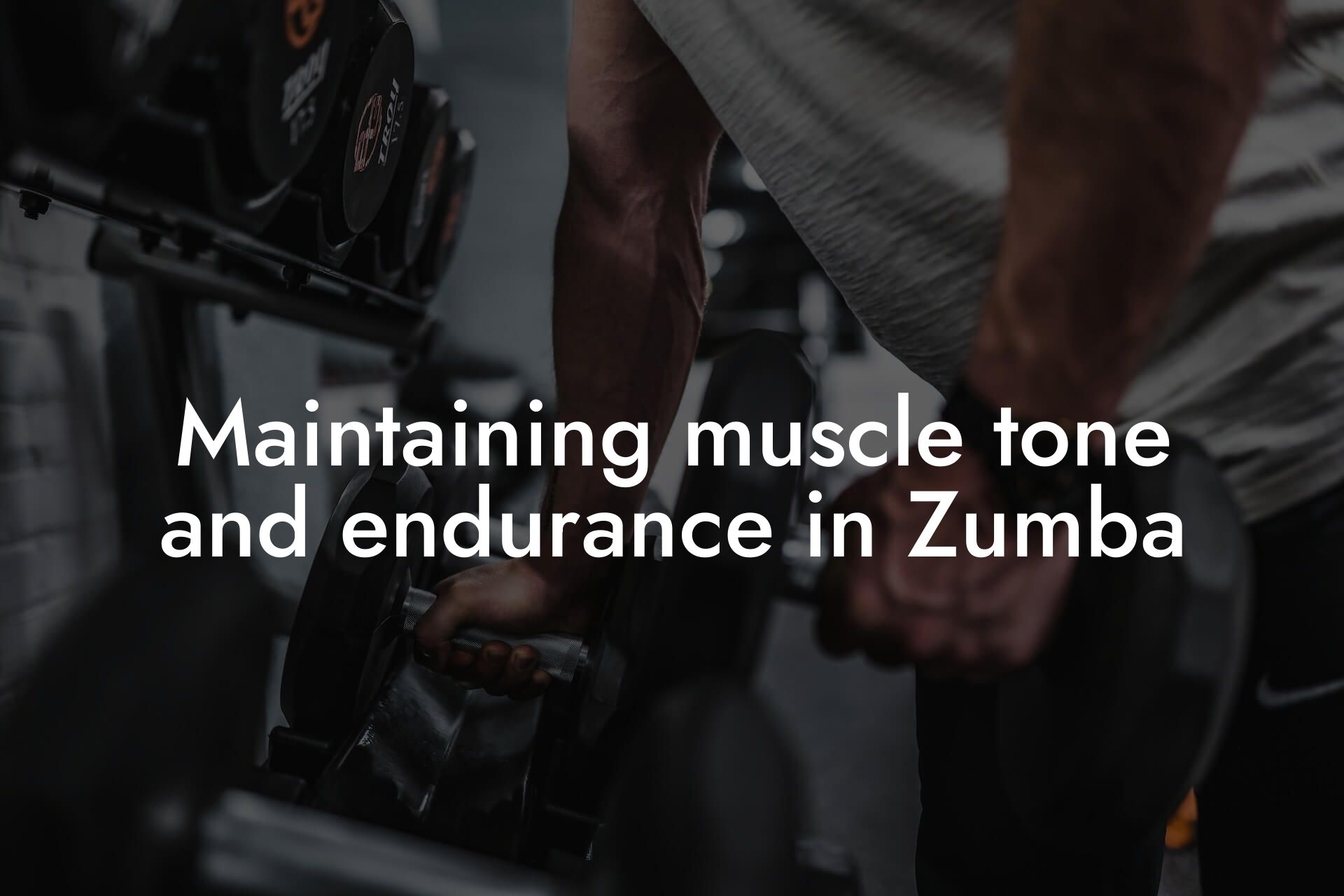As a Zumba enthusiast, you're likely no stranger to the importance of physical fitness and maintaining a healthy body composition. Whether you're dancing for fun or competing at a high level, understanding your body's strengths and weaknesses is crucial for optimal performance and injury prevention. This is where DEXA scans come in – a powerful tool that can provide valuable insights into your body's composition, bone density, and overall health. In this article, we'll explore the benefits of DEXA scans for Zumba enthusiasts and how they can take their fitness journey to the next level.
Table of Contents
What is a DEXA Scan?
A DEXA (Dual-Energy X-ray Absorptiometry) scan is a non-invasive, pain-free test that uses X-ray technology to measure bone density, body composition, and fat distribution. The scan produces a detailed report that provides a comprehensive picture of your body's internal health, including:
- Bone density: A measure of your bone strength and osteoporosis risk
- Body fat percentage: A measure of your overall body fat, including visceral fat and lean mass
- Fat distribution: A measure of where your body stores fat, including around organs and in muscles
- Lean mass: A measure of your muscle mass and overall muscle health
Why Do Zumba Enthusiasts Need DEXA Scans?
Zumba is a high-energy, physically demanding activity that requires strength, endurance, and flexibility. As a Zumba enthusiast, you're likely pushing your body to its limits, which can increase your risk of injury and burnout. A DEXA scan can help you:
- Identify areas of muscle imbalance and weakness
- Optimize your training program to reduce injury risk
- Monitor your progress and track changes in body composition
- Improve your overall performance and reduce fatigue
Benefits of DEXA Scans for Zumba Enthusiasts
DEXA scans offer a range of benefits for Zumba enthusiasts, including:
1. Injury Prevention: By identifying areas of muscle imbalance and weakness, you can take proactive steps to prevent injuries and maintain optimal performance.
2. Personalized Training: A DEXA scan provides a detailed picture of your body composition, allowing you to tailor your training program to your specific needs and goals.
3. Progress Tracking: Regular DEXA scans enable you to track changes in your body composition, providing a clear picture of your progress and helping you stay motivated.
4. Bone Health: As a Zumba enthusiast, you're at risk of developing osteoporosis or osteopenia. A DEXA scan can help identify bone health issues early, allowing for early intervention and prevention.
5. Improved Performance: By optimizing your body composition and addressing areas of weakness, you can improve your overall performance, increase your endurance, and reduce fatigue.
How to Prepare for a DEXA Scan
Preparing for a DEXA scan is straightforward. Here are some tips to ensure you get the most out of your scan:
- Avoid eating or drinking for at least 2 hours before the scan
- Wear loose, comfortable clothing without metal fasteners or zippers
- Remove any jewelry or metal objects that may interfere with the scan
- Inform your technician of any medical conditions or implants that may affect the scan
What to Expect During a DEXA Scan
A DEXA scan is a quick, pain-free process that typically takes around 10-15 minutes. Here's what you can expect:
1. You'll lie down on a flat, padded table
2. The technician will position the X-ray arm above your body
3. The scan will begin, and you'll be asked to remain still and hold your breath for a few seconds
4. The scan will take multiple images of your body, which will be used to generate your report
Interpreting Your DEXA Scan Results
After your scan, you'll receive a detailed report that outlines your body composition, bone density, and fat distribution. Here are some key metrics to focus on:
- Bone density: Look for your T-score, which indicates your bone density compared to a healthy adult of the same sex
- Body fat percentage: Aim for a healthy range of 18-24% for men and 25-31% for women
- Fat distribution: Focus on your visceral fat area, which should be below 130 cm²
- Lean mass: Aim to maintain or increase your lean mass over time
As a Zumba enthusiast, incorporating DEXA scans into your fitness routine can have a transformative impact on your performance, health, and overall well-being. By providing a detailed picture of your body composition, bone density, and fat distribution, DEXA scans empower you to make informed decisions about your training program, nutrition, and lifestyle. At Tano Performance Group, we're committed to helping high-earning professionals like you achieve their fitness goals and maintain optimal health. Contact us today to learn more about our DEXA scan services and take the first step towards unlocking your full potential.
Frequently Asked Questions
What is a DEXA scan and how does it benefit Zumba enthusiasts?
A DEXA (Dual-Energy X-ray Absorptiometry) scan is a non-invasive medical test that measures bone density, body composition, and fat mass. For Zumba enthusiasts, a DEXA scan can provide valuable insights into their overall health and fitness, helping them optimize their workout routine, track progress, and reduce the risk of injuries.
How does a DEXA scan work?
A DEXA scan uses low-level X-rays to produce detailed images of the body's internal structures. During the scan, you'll lie on a table while a machine arm passes over your body, emitting X-rays that are absorbed by different tissues at varying rates. The resulting images provide accurate measurements of bone density, lean mass, and fat mass.
What are the benefits of getting a DEXA scan as a Zumba enthusiast?
As a Zumba enthusiast, a DEXA scan can help you: monitor bone density and reduce the risk of osteoporosis; track changes in body composition and fat mass; identify areas for improvement in your workout routine; and optimize your nutrition plan for better overall health.
How often should I get a DEXA scan as a Zumba enthusiast?
We recommend getting a DEXA scan every 6-12 months to track progress, monitor changes, and make data-driven decisions about your fitness routine. However, if you have specific health concerns or are experiencing significant changes in your body, you may need to get scanned more frequently.
Is a DEXA scan safe?
Yes, DEXA scans are extremely safe and non-invasive. The radiation exposure is very low, equivalent to a few days of natural background radiation, and the scan itself is painless and quick, taking around 10-15 minutes to complete.
What do I need to do to prepare for a DEXA scan?
To prepare for a DEXA scan, avoid eating a heavy meal or consuming caffeine for at least 2 hours prior to the scan. Wear comfortable, metal-free clothing and avoid wearing jewelry or accessories that may interfere with the scan. Additionally, inform your healthcare provider if you have any metal implants or have recently had a barium study or contrast agent injection.
How accurate are DEXA scan results?
DEXA scan results are highly accurate, with a margin of error of around 1-2%. The scan's precision is due to its ability to measure bone density and body composition at the molecular level, providing a detailed picture of your overall health and fitness.
Can I get a DEXA scan if I'm pregnant or breastfeeding?
We recommend avoiding DEXA scans during pregnancy or breastfeeding, as the radiation exposure, although low, may pose a risk to the fetus or baby. However, if you have a medical condition that requires a DEXA scan, consult with your healthcare provider to discuss the risks and benefits.
How do I interpret my DEXA scan results?
Your DEXA scan results will include detailed reports on your bone density, lean mass, and fat mass. Our healthcare professionals will help you understand your results, identifying areas of strength and weakness, and providing personalized recommendations for improvement.
What is the difference between a DEXA scan and a body fat percentage measurement?
A DEXA scan provides a comprehensive picture of your body composition, including bone density, lean mass, and fat mass, whereas a body fat percentage measurement only estimates the percentage of fat in your body. A DEXA scan is a more accurate and detailed assessment of your overall health and fitness.
Can a DEXA scan help me with weight loss?
A DEXA scan can be a valuable tool in your weight loss journey, helping you identify areas of improvement in your nutrition and exercise plan. By tracking changes in your body composition, you can make data-driven decisions to optimize your weight loss efforts.
How does a DEXA scan differ from other body composition tests?
A DEXA scan is more accurate and comprehensive than other body composition tests, such as bioelectrical impedance analysis (BIA) or skinfold measurements. DEXA scans provide detailed measurements of bone density, lean mass, and fat mass, whereas other tests may only estimate body fat percentage or lean mass.
Can a DEXA scan help me improve my athletic performance?
A DEXA scan can help you optimize your athletic performance by identifying areas for improvement in your body composition, such as increasing lean mass or reducing body fat percentage. This information can help you tailor your training and nutrition plan to achieve your performance goals.
How does a DEXA scan benefit Zumba enthusiasts specifically?
Zumba enthusiasts can benefit from a DEXA scan by tracking changes in their body composition, monitoring bone density, and optimizing their workout routine to reduce the risk of injuries. A DEXA scan can also help Zumba enthusiasts improve their overall fitness and physique, enhancing their performance and confidence.
What if I have a medical condition, such as osteoporosis or osteopenia?
If you have a medical condition, such as osteoporosis or osteopenia, a DEXA scan can help you monitor your condition, track changes, and make informed decisions about your treatment plan. Our healthcare professionals will work with you to develop a personalized plan to manage your condition and improve your overall health.
Can I get a DEXA scan if I have metal implants or have had a joint replacement?
Yes, you can still get a DEXA scan if you have metal implants or have had a joint replacement. However, inform your healthcare provider about your implants or replacement, as they may need to adjust the scan settings or use specialized software to accommodate your individual needs.
How long does it take to get the results of my DEXA scan?
You'll typically receive your DEXA scan results within 24-48 hours after the scan. Our healthcare professionals will review your results with you, providing personalized recommendations and guidance to help you achieve your health and fitness goals.
Is a DEXA scan covered by my insurance?
Insurance coverage for DEXA scans varies depending on your provider and policy. We recommend checking with your insurance provider to determine if they cover DEXA scans and what the associated costs may be.
How can I schedule a DEXA scan with Tano Performance Group?
To schedule a DEXA scan with Tano Performance Group, simply contact us through our website or call us directly. Our team will work with you to schedule a convenient appointment and answer any questions you may have about the process.
What if I have more questions about DEXA scans or my results?
Our team at Tano Performance Group is dedicated to providing you with exceptional care and support. If you have any questions or concerns about your DEXA scan or results, don't hesitate to reach out to us. We're here to help you every step of the way.
Here are some related articles you might love...
- Balancing cardiovascular fitness and fun in Zumba
- Nutrition strategies for sustained energy in Zumba classes
- Maintaining muscle tone and endurance in Zumba
- The role of Zumba in weight loss and overall health
- Recovery techniques for Zumba dancers after intense sessions
- Strength training tips to complement your Zumba routine
- Reducing body fat for improved stamina and flexibility in Zumba
- Bone density and its role in Zumba performance
- The impact of body composition on Zumba performance
Zak Faulkner
Zak Faulkner is a leading authority in the realm of physical health and body composition analysis, with over 15 years of experience helping professionals optimise their fitness and well-being. As one the experts behind Tano Performance Group, Zak has dedicated his career to providing in-depth, science-backed insights that empower clients to elevate their physical performance and overall health.
With extensive knowledge of DEXA technology, Zak specializes in delivering comprehensive body assessments that offer precise data on body fat, muscle mass, bone density, and overall physique. His expertise enables individuals to make informed decisions and achieve their fitness goals with accuracy and confidence. Zak’s approach is rooted in a deep understanding of human physiology, combined with a passion for helping clients unlock their full potential through personalised strategies.
Over the years, Zak has earned a reputation for his commitment to excellence, precision, and client-focused service. His guidance is trusted by top professionals who demand the best when it comes to their health. Whether advising on fitness programs, nutritional strategies, or long-term wellness plans, Zak Faulkner’s insights are a valuable resource for anyone serious about taking their health and fitness to the next level.
At Tano Performance Group, Zak continues to lead our Content Team revolutionising how professionals approach their physical health, offering unparalleled expertise that drives real results.




